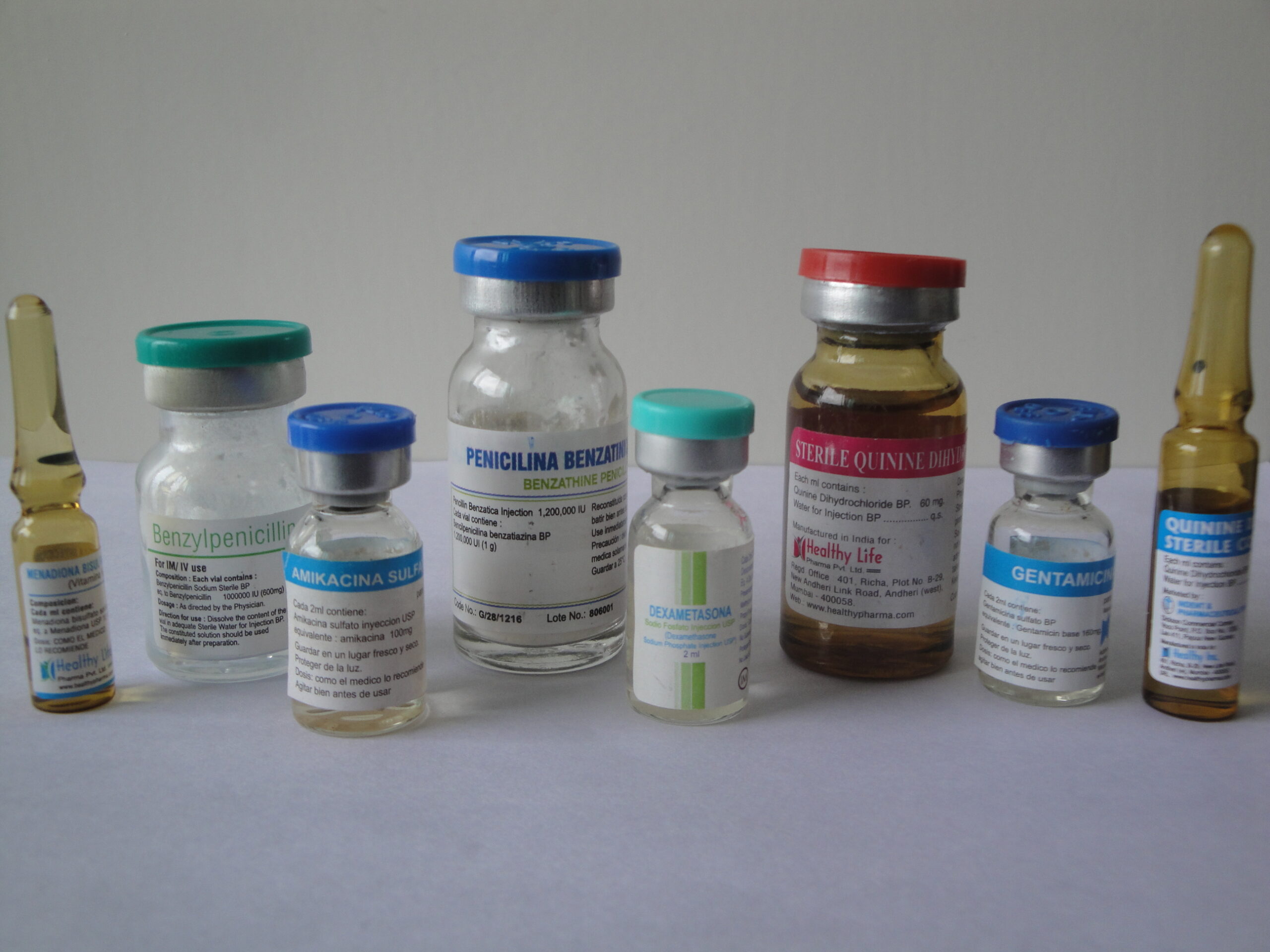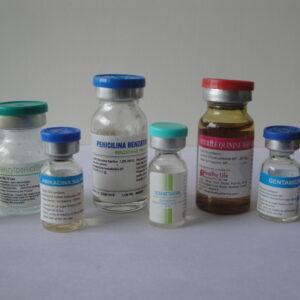Description
Panthenol Choline Chloride & Crude Liver veterinary injection
Choline Chloride: Choline is an essential nutrient for animals, and choline chloride is a common form of choline used in supplements for livestock and pets. It plays a role in various physiological functions, including liver function and nerve function.
Crude Liver: Crude liver may refer to liver extract or liver-based products. Liver is a nutrient-rich organ and a good source of various vitamins and minerals. Liver extracts or supplements may be used to support overall health, particularly in cases of nutritional deficiencies.
If you are considering a veterinary injection containing these components, it’s crucial to follow the prescribed dosage and administration instructions provided by a veterinarian. Additionally, the specific formulation and intended use may vary, so it’s important to have a clear understanding of the product’s purpose and potential benefits for the particular animal.
Always consult with a licensed veterinarian before administering any veterinary products to ensure they are safe and appropriate for your specific situation.
However, it’s important to consult with a qualified veterinarian for advice tailored to your specific situation.
Panthenol:
Panthenol is the alcohol analog of pantothenic acid (Vitamin B5) and is often used in veterinary medicine.
It is known for its moisturizing properties and is sometimes used in topical treatments for skin conditions.
Injections of panthenol may be administered for certain health issues, but the dosage and administration should be determined by a veterinarian.
Choline Chloride:
Choline chloride is a water-soluble essential nutrient that plays a crucial role in the metabolism of fats.
It is often included in animal feeds to support liver function and prevent certain metabolic disorders.
Injections of choline chloride may be used in veterinary medicine, especially if there are concerns about choline deficiency.
Crude Liver:
Crude liver refers to unrefined or unprocessed liver tissue.
Liver is a rich source of various nutrients, including vitamins and minerals such as Vitamin A, Vitamin D, iron, and more.
Injections of crude liver may be used in veterinary medicine to address specific nutritional deficiencies or to support overall health.
It’s crucial to note that the administration of veterinary injections should only be done by a qualified veterinarian. The specific dosage, frequency, and suitability of these substances depend on the individual animal’s health condition, weight, and other factors. Always consult with a veterinarian before administering any injections to ensure the safety and well-being of the animal.
If you have a specific concern or need guidance regarding a veterinary injection, please consult with a licensed veterinarian who can provide advice based on a thorough examination of the animal.
The usage of Panthenol, Choline Chloride, and Crude Liver for veterinary injections can vary depending on the specific needs and conditions of the animals. Here are some general considerations:
Panthenol:
Usage: Panthenol, the alcohol analog of pantothenic acid (Vitamin B5), is often used for its moisturizing and skin-healing properties.
Applications: It may be used in veterinary medicine for conditions such as skin irritations, wounds, or dermatitis.
Administration: Injections may be given by a veterinarian, and topical applications may also be used for skin-related issues.
Choline Chloride:
Usage: Choline chloride is an essential nutrient important for fat metabolism and liver function.
Applications: It is commonly included in animal feeds to prevent fatty liver syndrome and support overall health.
Administration: Injections may be administered by a veterinarian if there is a concern about choline deficiency or liver issues.
Crude Liver:
Usage: Crude liver refers to unrefined liver tissue, rich in various nutrients.
Applications: It can be used to address nutritional deficiencies or as a supplement for animals with specific dietary needs.
Administration: Injections may be given by a veterinarian, or it may be included in the animal’s diet as part of a comprehensive nutritional plan.
It’s crucial to emphasize that the use of these substances, especially through injections, should only be done under the guidance and supervision of a qualified veterinarian. The dosage, frequency, and specific indications for use depend on the individual animal’s health condition, age, species, and other factors.
If you have a specific case or concern regarding your animal’s health, it is strongly recommended to consult with a licensed veterinarian who can assess the situation and provide tailored advice for the well-being of the animal. Self-administration of injections or supplements without professional guidance can lead to unintended consequences and potential harm to the animal.
Panthenol, choline chloride, and crude liver can each have various uses in veterinary medicine, particularly when administered via injection. Here are some common applications for each:
Panthenol:
Skin Conditions: Panthenol injections may be used to treat certain skin conditions in animals, such as dermatitis or wounds. Panthenol is known for its moisturizing properties and can aid in the healing process.
Coat Health: Panthenol injections might be administered to improve the health and appearance of an animal’s coat, particularly if it appears dry or dull.
Stress Relief: Panthenol injections may sometimes be used to help alleviate stress or anxiety in animals, although this usage might be less common.
Choline Chloride:
Liver Support: Choline chloride injections can support liver function, especially in cases of hepatic lipidosis (fatty liver disease) or other liver disorders.
Nutritional Supplementation: Choline chloride injections may be administered to provide essential nutrients that support overall health, particularly if there’s a deficiency in the animal’s diet.
Metabolic Disorders: Choline chloride injections can help prevent or manage certain metabolic disorders, particularly those related to fat metabolism.
Crude Liver:
Nutritional Support: Crude liver injections may be used to provide a rich source of essential nutrients, including vitamins and minerals, to animals with nutritional deficiencies.
Anemia Treatment: Crude liver injections can be beneficial for animals with anemia, as liver tissue contains high levels of iron, which is crucial for red blood cell production.
Immune Support: Crude liver injections may support the immune system due to the presence of various vitamins and minerals that contribute to overall health and immune function.
It’s important to note that the specific usage and dosage of these injections should be determined by a qualified veterinarian based on the individual animal’s health condition, weight, and other factors. Additionally, injections should only be administered by trained professionals to ensure the safety and well-being of the animal. Always consult with a veterinarian before initiating any treatment regimen for your pet.




